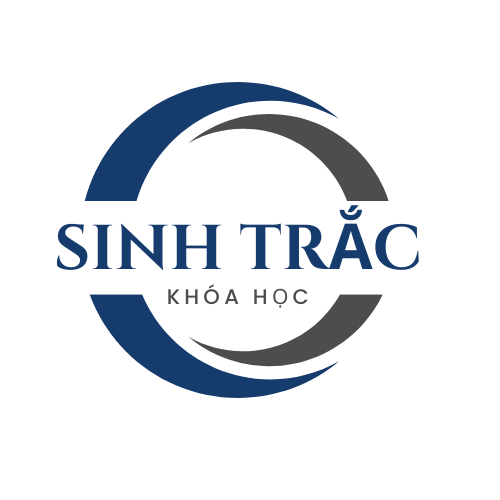The travel industry in 2025 stands at a juncture of advancement and accountability. As global tourism surges to pre-pandemic levels, travelers and industry participants alike are maneuvering a landscape transformed by sustainability imperatives, cutting-edge technologies, and evolving traveler demands.
## Eco-Friendly and Environmentally Aware Travel
The necessity for sustainability has become a foundation of modern travel. By 2025, the tourism sector is projected to generate 6.5 billion metric tons of climate pollutants, necessitating swift interventions. Destinations like Costa Rica and Bhutan are spearheading this charge, with the latter maintaining its status as the world’s only carbon-negative country through stringent guest quotas.
Regenerative tourism models, such as New Zealand’s Māori-led eco-tours, are building popularity. These initiatives reflect a broader shift: 73% of travelers now prefer brands with strong environmental policies.
## Customization and Made-to-Order Journeys
Premium tourism in 2025 is synonymous with extreme customization. Discerning travelers seek profound experiences tailored to their unique interests. Companies like LuxGroup emphasize “responsible opulence,” combining indulgence with cultural immersion.
Machine learning is transforming trip planning, enabling adaptive schedules that respond to immediate interests. This trend aligns with findings that 64% of luxury travelers prefer bespoke packages over cookie-cutter options.
## Avoiding Overtourism Through Creativity
Overtourism remains a pressing issue, prompting travelers to seek “destination dupes” and shoulder-season visits. Cities like Ljubljana are alleviating congestion through vehicle-restricted areas and pedal transportation systems.
Administrations are taking action; Amsterdam and Majorca have introduced guest ceilings and conduct regulations to protect local ecosystems.
## Technology’s Role in Seamless Exploration
AI’s influence extends beyond personalization into operational efficiency. Virtual assistants handle 24/7 customer inquiries, while data projections optimize flight schedules and hotel pricing. Virtual reality previews allow travelers to “trial” destinations before booking.
Apps like Seven Corners optimize trip management, offering live information on weather, crowds, and transportation delays. Cryptographic recordkeeping enhances openness in carbon offset programs.
## Extended Visits and Cultural Immersion
The era of whirlwind tours is waning. Affluent visitors are averaging two-week stays to deepen cultural connections. Families are increasingly embracing “work trips,” combining remote work with extended stays.
## Occasion-Focused Travel and Novel Experiences
“Concert traveling” has surged, with fans traveling worldwide for major events. Stargazing travel—exemplified by skywatching in Chile’s Atacama Desert—reflects increasing demand in celestial phenomena.
## Health and Unplugged Retreats
Wellness tourism is evolving beyond wellness centers to encompass comprehensive wellness. Digital detoxes combine meditation with farm-fresh meals, aligning with a 95% increase in demand for self-care-centered itineraries.
## Financial Approaches and Cost-Sensitive Travel
Travelers are leveraging membership benefits and packaged deals to enhance benefits. Credit card rewards are being carefully utilized for upgrades, reflecting a shift toward “strategic indulgence”.
## Final Analysis
The travel landscape of 2025 is defined by its duality: a hunger for exploration tempered by ethical accountability. As destinations harmonize innovation with protection, stakeholders can ensure tourism remains a link—not a obstacle—to a more united and responsible world.
